Beef quotes are starting to move up as factories struggle to get the numbers to meet demand.
The smaller independent plants have had to break ranks in the last week, increasing quotes by 5c to 10c/kg in order to secure supplies.
The larger operators have also had to move up, with particular emphasis on increasing quotes to the larger feeders to keep them on board for the next few weeks.
Deals
Deals of €4.30/kg for bullocks and heifers have been struck over the last week and paid to a few larger operators.
The general run of quotes is €4.20/kg for heifers, with €4.25/kg coming into conversation in quotes over the last few days.
Bullocks are now generally moving at €4.15/kg, with some bullocks being bought at €4.20/kg where heifers are involved.
Improved cow trade
The cow trade has also improved, with P+3 grading cow now being quoted €3.35/kg to €3.45/kg and more going to the specialised cow suppliers.
O grading cows have kicked on to €3.50/kg to €3.60/kg, while suckler-bred R grading cows are being quoted as high as €3.85/kg by one factory.
Young bulls have moved to €4.15/kg base in most factories, with more going to those with numbers.
Older bulls are generally moving at €4.25/kg for R grading bulls and €4.30/kg is being paid for U grading bulls.
Northern Ireland
Agents have stepped up activity in marts over the last week, with strong buyer activity reported across the south of the country over the weekend.
Numbers going to Northern Ireland (NI) for direct slaughter in the last two weeks have also increased. There were 447 cattle exported for direct slaughter in NI for the week ending 5 June 2021.
Good weather in the UK and the commencement of the European football championships will increase demand for outdoor dining and barbecues.
With food service reopening, retail demand will likely fall off. However, supermarkets will be anxious to retain market share and meat promotions have already started in Irish supermarkets to help maintain footfall.
IFA livestock chair Brendan Golden said: “Shed cattle are gone through the system and poor grass growth will delay grass cattle, further tightening available supplies.”
He added: “Market conditions are strong, as demand from the food service sector increases for the summer months and more reopenings take place.
"Imports to the EU market from Brazil are expected to be low this year, as they focus on trying to fill the demand for beef in the Chinese market.
"Bord Bia predicts supplies of finished cattle to reduce up to 120,000 head this year and farmers should sell hard as factories struggle to match supplies with market demand,” he said.
The Emerald Isle producer group co-ordinated by Eamon Corley of Beef Plan is assembling cattle weekly to go across the water for direct slaughter in mainland Britain.
Up to €2.50/kg liveweight is being paid for suitable animals. While numbers exported have been small, it does offer another avenue for stock if factories are playing hardball.
There is currently around 40 cattle/week being exported from NI to Britain for direct slaughter on a weekly basis.



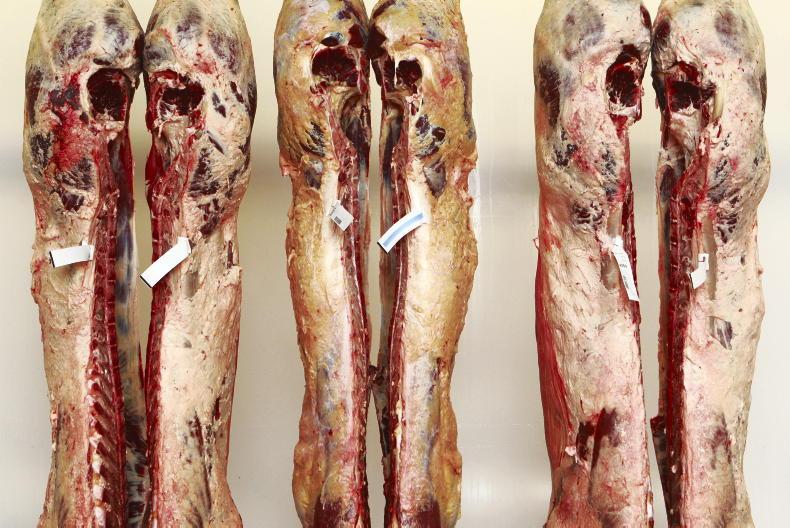

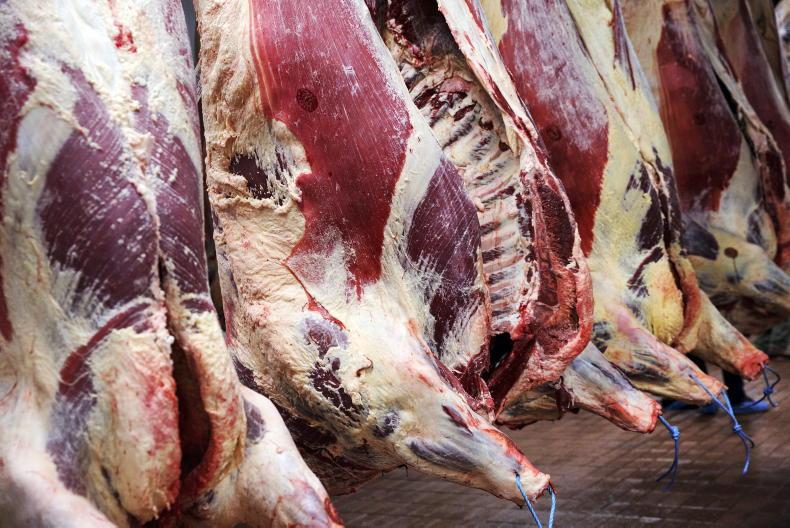

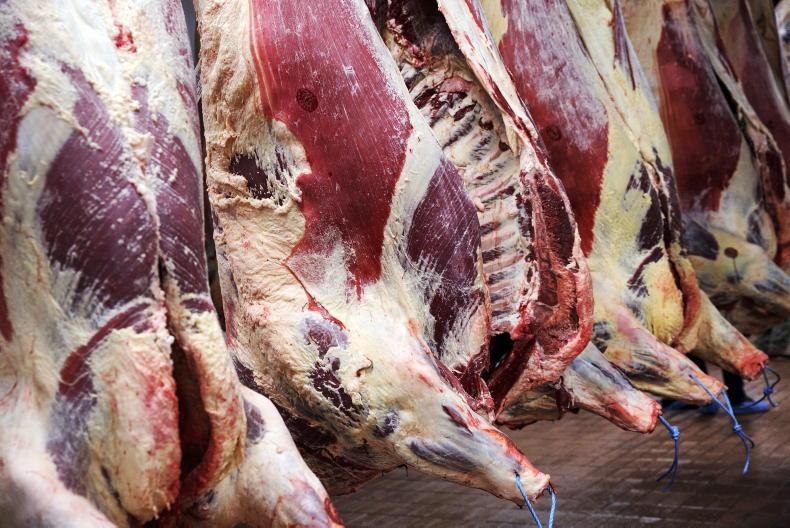
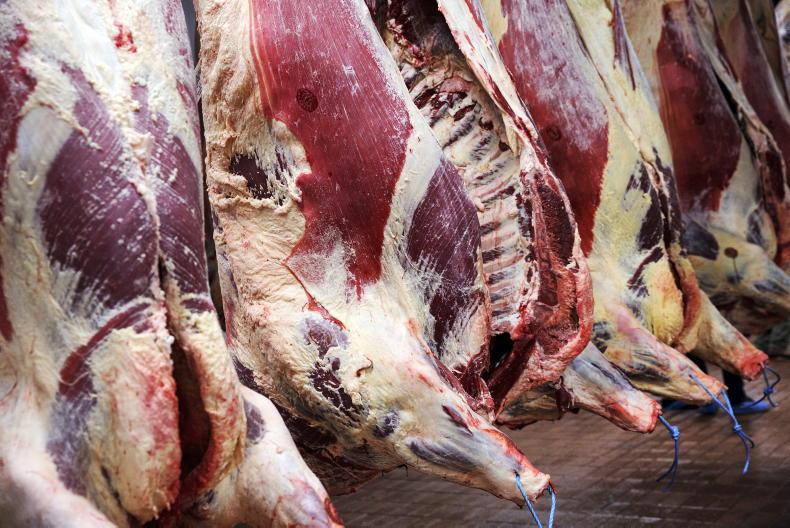
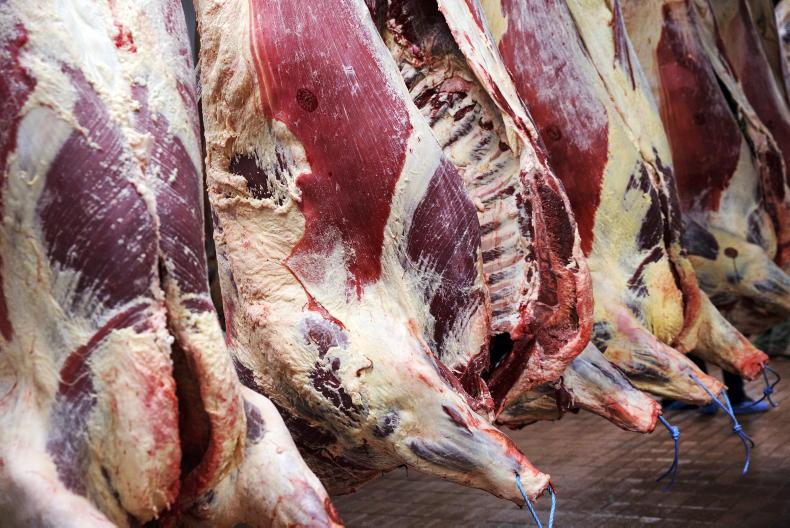
SHARING OPTIONS